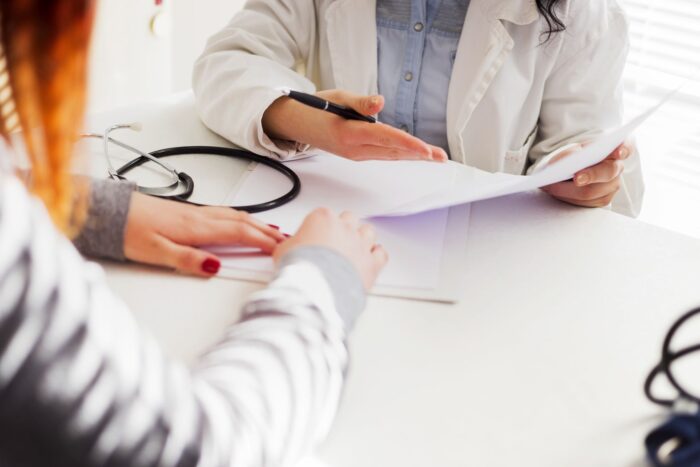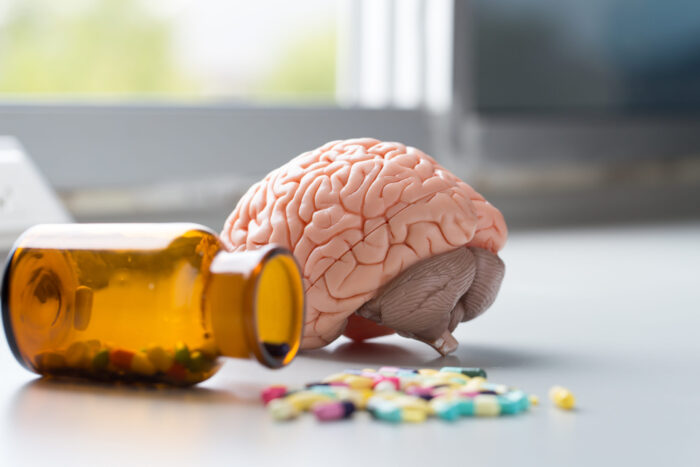
Drug treatment protocols are a vital part of drug rehabilitation and addiction treatment.
Every phase that occurs in a drug rehab center has its own set of unique protocols. Similarly, every drug addiction and mental dependency needs a specific set of medications in order to support the drug treatment protocol.
Following are a few points that you need to know about these drug rehab protocols which can help you understand them better before you leave for your favorite rehabilitation center.
Start with a medical evaluation
When you first arrive, the staff will want to collect data from you to learn more about you and your addiction. This is the first step to customizing your treatment plan to your needs.
They’ll want to know your usage history and any medical conditions you may have suffered in the past and more recently.
Commonly, there’s what’s called an intake interview where they discover more about not only your substance use but your lifestyle. Your chosen lifestyle will have an influence on your treatment medically, and psychologically, and what aftercare and support you should plan for.
It’s important, to be honest, and self-reflecting with your answers. They are not meant to shame or blame but help you get the best treatment possible.

Common intake questions involve the following information:
- How often did you drink or use drugs in the last 30 days and how often did this result in intoxication?
- Where have you been living in the past 30 days?
- How stressful has your life been due to drug and alcohol use?
- How often did your substance use interferes with your ability to participate in activities?
- Do you have children, and do they still live with you?
- Are you in school or do you have a job?
- Have you been arrested in the last 30 days?
- How would you rate your overall health?
- What treatments, if any, have you received in the last 30 days?
- How satisfied are you with your life? With yourself?
Detoxification
The first step in your treatment program will be detoxification. This is your body’s natural process of removing the drugs and alcohol from your body.
This can be a rather uncomfortable process and it’s recommended that you not try to undergo this journey alone. You can get help with medical detox via Gallus Detox or other rehab centers to make this process easier.
It’s important to ready your body for the physical and mental work that you will be tackling in the next phases of your journey.
Detox can be dangerous depending on the length of your battle with addiction and the drugs you’re using. It’s best to address these dangers with a medical professional before attempting to detox.

Behavioral therapy
Behavioral therapy is a large part of rehabilitation. You’ll work with professionals in both one-on-one settings as well as groups.
By addressing your addiction, your insecurities, and emotional turmoil, and how much your addiction has affected your life, you’re better armed for the future and for preventing relapse.
Together you’ll identify your addiction triggers and work on the skills to conquer them.
Cognitive behavioral therapies are used to discover your underlying beliefs and the behaviors that led you to this point in life. This is where you learn new, healthy coping strategies to use instead of turning to drugs.
Motivational therapy involves exploring the whys and hows of your addiction. The goal of asking these questions is to address the harder questions that addicts tend to avoid out of fear. By removing the fear and other negative emotions, you can solidify your goals and motivations to reach them.
Counseling
Including your family and friends in your therapy can contribute to long-lasting positive results from your treatment.
Many facilities now offer family therapy as part of the treatment program.
As addiction deeply affects everyone around you, these counseling sessions are places to repair and strengthen those bonds, bonds that will help ensure your successful sobriety.
They also help educate your family and friends on how they may have inadvertently contributed to your addiction. Using this knowledge, they can help adjust lifestyles to better suit your recovery going forward.

Relapse prevention
Developing a relapse plan can be a difficult part of the process as you’re preparing for what you might consider your inevitable failure. Relapse is not a failure.
You and your counselors and therapists will identify the dangers/triggers in your life that led to your addiction and therefore can lead you down the path to start using again. By identifying the emotional and mental phases, you can make a plan together to better fight relapse before it results in actual physical use of drugs.
Your relapse prevention will investigate what to look for and then what to do if you feel you’re slipping back into bad habits.
It’s about figuring out how to live your life to its fullest while navigating the potential of returning to your old coping mechanisms. Part of this plan usually includes aftercare services.
Aftercare services
This is your continuing care plan. Based on how far you’ve progressed during your inpatient or outpatient treatment plan, you and your counselors will discuss the support you will need going forward.
This is the support you’ll need to succeed while you figure out how to navigate life again. This may include both social and medical transitions including housing, group, and individual therapies, and support groups.

To End
Knowing about the type of drug treatment protocols that are available at a rehab center, and how they work, can help you make an informed decision about the best way to overcome your addiction.
Drug treatment protocols at rehab centers can be very helpful to you on your road to recovery.
It should be noted that the best approach for each person is based on their individual needs and degree of addiction.
What is a favorable treatment protocol for one person may not be helpful to another. Talk to a professional about drug treatment protocols and find out what kind of programs are available for you.






